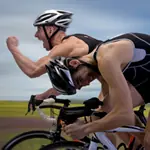
Much of our training is done solo—that's the nature of our busy lives, but also our obsession to "optimize" our training by doing our workouts perfectly. That's fine up to a point, but are we always giving ourselves the best training by going it alone and ignoring the thrill of informal or formal competition?
I Did It My Way
Cyclists often tend towards the driven, focused, and frankly slightly obsessive Type A personality. We want to be like Frank Sinatra and ride whenever and wherever we want. I know that, coming from a high school basketball all-star benchwarming career, one of the big attractions from discovering cycling was the complete freedom that it gave me. I didn't have to be restricted to scheduled practice times, and there was no coach to nail me to the bench.
To this day, some of my most enjoyable days on the bike are where it's just the open road/trail and me, with nobody to talk with or distract me from getting into that awesome state of flow. And sure, I certainly find that it's easiest to do very specific and focused workouts by myself rather than trying to juggle the multiple aims and desires of a few training partners or a big group ride.
More: 10 Rules to Group Ride Like a Pro
Which leads to the question: can you really push yourself as hard solo as you can in a social/group/race environment? Certainly, the trend for Tour de France contenders is to race less and less, trading off race-specific fitness for specific training and buildup.
I Push You, You Push Me?
The answer may seem a bit obvious—humans are competitive by nature, and I think we've all experienced rides or races where we all shake our heads afterwards and say: "Man, he made me go so much harder than I thought I could!"
More: 5 Keys to Bike Racing Success
Sport psychologists have demonstrated for nearly 100 years the effects of competition on performance, such as its effect on anxiety. And world records are usually broken in competition with others pushing you with their own A game. But surprisingly, almost no research has looked at whether head-to-head competition in cycling really does push you harder than you are able to solo.
One of the hottest topics in sport and exercise science the past few years has been the interconnections between the mind and body in controlling performance, and whether fatigue comes from physiology or from the brain trying to manage the body. In this general realm of study, my friend Martin Barwood from University of Portsmouth has spent the past few years focusing on the effect of sport psychology interventions on physiological capacity. In the latest issue of Medicine & Science in Sports & Exercise, he helped to look directly at whether competition improved cycling time trial performance, and also the physiological mechanisms behind it (Corbett et al. 2012).
- 1
- of
- 2
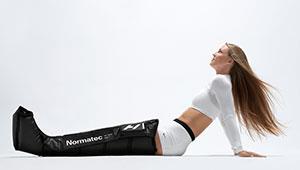
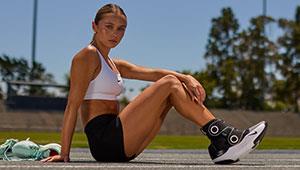

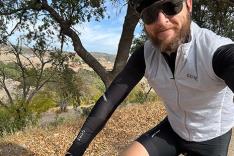
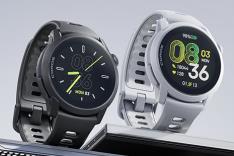

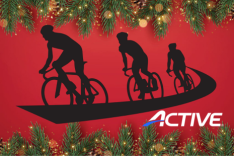

Discuss This Article